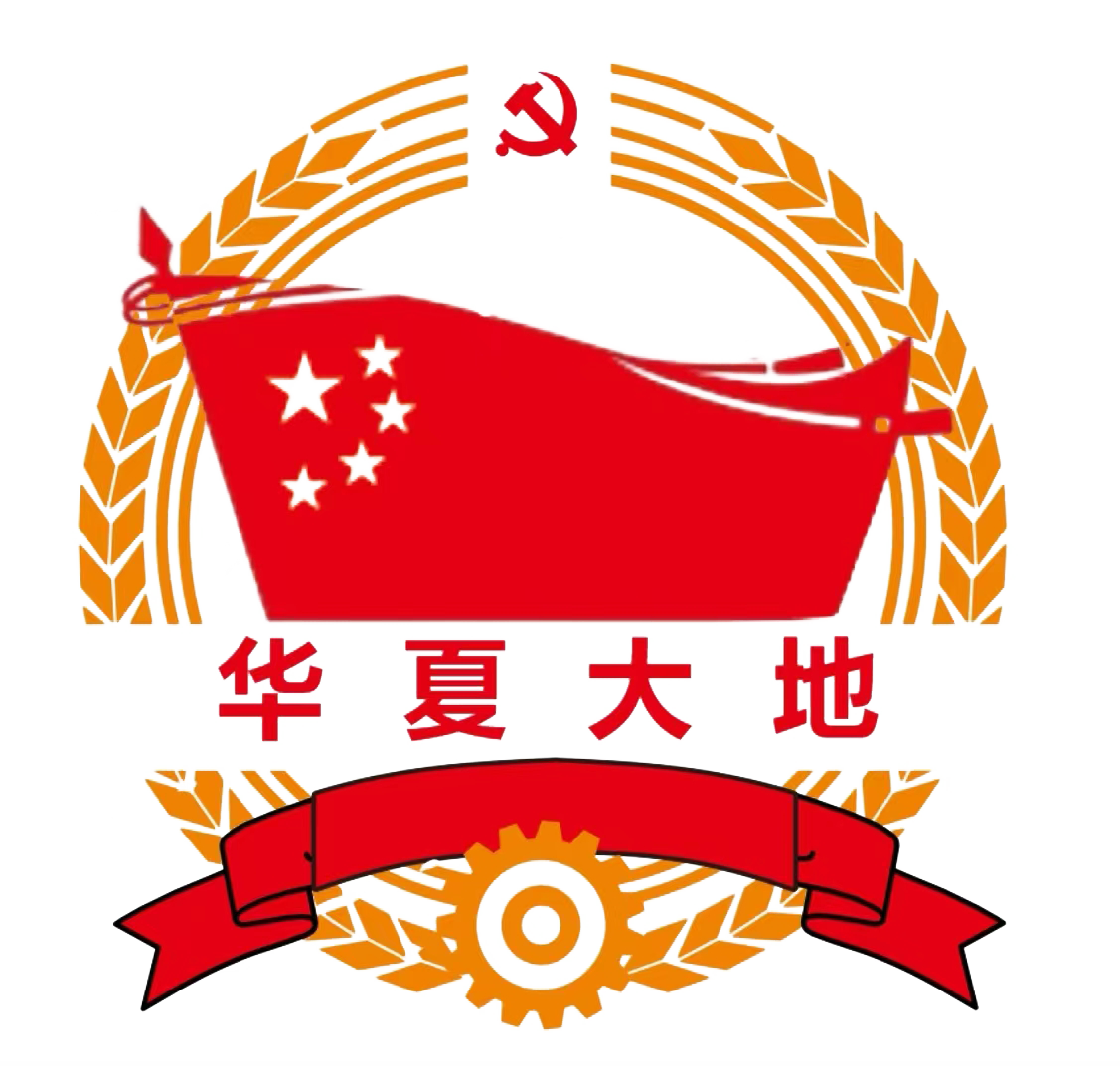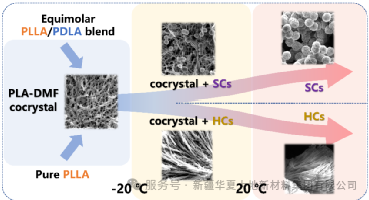Provincial, autonomous region and municipal governments, Ministry of Foreign Affairs, National Development and Reform Commission, Ministry of Education, Ministry of Science and Technology, Ministry of Industry and Information Technology, Ministry of Finance, Ministry of Ecology and Environment, Ministry of Transport, People's Bank of China, General Administration of Customs, State Administration for Market Regulation, China Banking and Insurance Regulatory Commission, National Bureau of Statistics, China International Development Cooperation Agency, National Energy Administration, China Council for the Promotion of International Trade, China Export and Credit Insurance Corporation:
In order to actively expand green trade, promote the optimization and upgrading of trade, facilitate the achievement of the goals of carbon peak and carbon neutrality, and accelerate the construction of a trade power, with the approval of the State Council, the following opinions are hereby proposed.
1. Enhance the green and low-carbon development capabilities of foreign trade enterprises
(1) Enhance the green and low-carbon development awareness of foreign trade enterprises. Strengthen training on the green and low-carbon development concepts and policies for foreign trade enterprises, and disseminate and interpret domestic and international laws, policies, market dynamics, etc. Release best practice cases of green trade, promote experiences and methods, and facilitate mutual learning and exchange among foreign trade enterprises. Guide leading foreign trade enterprises to integrate the green and low-carbon development concepts into all links of the production and supply chain, drive the foreign trade production and supply chain to accelerate the green and low-carbon transformation, and cultivate export enterprises of green and low-carbon products.
(2) Promote green design and production among export enterprises. Support export enterprises in implementing green design and conducting green product certification. Encourage export enterprises to actively utilize renewable energy and reduce the carbon emissions of export products through measures such as equipment renewal, process improvement, and substitution of recycled raw materials. Encourage industry organizations and industrial internet platforms to provide green and low-carbon services for the export supply chain.
(3) Accelerate the promotion of green and low-carbon development in logistics. Promote the "public-to-iron" and "public-to-water" transportation of bulk goods and containers for foreign trade. Guide foreign trade enterprises to use environmentally friendly packaging materials, reduce secondary packaging, and use logistics equipment and appliances that have obtained green certification, such as turnover boxes. Promote international mutual recognition and sharing of unitized container equipment. Support shipping enterprises in building green and low-carbon systems, and promote the greenification of the entire process of ship design, construction, and operation. Promote the use of renewable synthetic fuels and other clean energy transportation vehicles and ships for foreign trade cargo transportation. Support the development of domestic biodiesel and marine fuel oil blending and mixing business in comprehensive bonded zones. Support places with the necessary conditions to carry out the refueling business of保税液化天然气, bio-diesel, green alcohol, and green ammonia for international navigation vessels.
(4) Enhance the green and low-carbon service capabilities of third parties. Build a green trade public service platform. Encourage industry organizations, professional institutions, and foreign trade enterprises to develop carbon data management systems. Encourage third-party institutions to enhance their service capabilities and provide services such as product carbon footprints and organizational carbon footprints recognized by international green trade rules to foreign trade enterprises. Strengthen the supervision and management of third-party institutions.
II. Expand the import and export of green and low-carbon related products and technologies
(5) Enhance the international competitiveness of green and low-carbon related products. Guide foreign trade enterprises to develop and use products made from recycled resources, recycled materials, degradable materials, and reusable waste. Develop trade in sustainable fuels such as green hydrogen. Explore the development of the import and export of remanufactured products. Dynamically adjust the repair product directory of comprehensive bonded zones and support the conduct of bonded repair business "with the production and sales outside the zone".
(6) Grasp the international market demands for green trade. Overseas institutions and industry organizations should strengthen research on overseas markets and explore the potential of the green and low-carbon market. Support foreign trade enterprises in leveraging the preferential arrangements of free trade agreements to expand trade cooperation in the green and low-carbon sectors, and create new highlights in foreign economic and trade cooperation.
(7) Enhance the greenness of exhibitions. Guide exhibition enterprises to establish the concept of green and low-carbon exhibition organization. Make full use of the exemplary role of major exhibitions such as the China International Import Expo, the China Import and Export Fair, the China International Service Trade Fair, the Global Digital Trade Expo, and the China International Consumer Products Expo. Encourage qualified exhibitions to set up special green and low-carbon exhibition areas and hold related thematic activities. Accelerate the formulation and revision of national and industry standards for green exhibition organization.
(8) Ensure the import of resources, products and services related to green and low-carbon development. Study and improve the import standards and management measures for recycled resources. Utilize the role of local recycled resource trading centers to provide convenient services for enterprises to import recycled copper, aluminum, steel, etc. Revise the "Catalogue of Encouraged Import Services" to guide enterprises to expand the import of energy-saving, environmental protection and green low-carbon services.
(9) Play a leading role in promoting foreign economic and trade cooperation. Deepen cooperation with countries participating in the "Belt and Road Initiative" and other countries in the field of green and low-carbon development. Promote the green and low-carbon development of overseas economic and trade cooperation zones. Make good use of the foreign enterprise roundtable meeting system and strengthen policy support and services for foreign enterprises in terms of green and low-carbon aspects. Enhance the international recognition of our country's products, technologies and standards.
III. Creating a Favorable International Environment for the Development of Green Trade
(10) Strengthen international exchanges and communication. Through the G20, BRICS, APEC, UNCTAD, etc., participate in the consultation and discussion on global carbon-related economic and trade rules, and put forward Chinese initiatives. Enhance exchanges on green and low-carbon development issues, promote the establishment of more inclusive and fair international green trade rules. Actively participate in the negotiation of green topics in high-standard trade agreements. Improve the environmental chapters of free trade agreements. Actively promote China's green trade development achievements to relevant foreign departments and industry organizations, overseas businesspeople, etc.
(11) Promote the formulation of relevant standards and international alignment and mutual recognition. Accelerate the establishment of a green and low-carbon product, technology and service standard system that is in line with international standards. Conduct comparative analysis with international standards and convert a number of advanced and applicable international green and low-carbon standards into domestic standards. Support domestic institutions to participate in the formulation and revision of green and low-carbon-related international standards. Accelerate the establishment of a certification system for green fuels in shipping and promote international mutual recognition. Develop and issue a number of carbon footprint accounting standards for key export products. Encourage industry organizations and key export enterprises to formulate or participate in the formulation of international standards for carbon footprint accounting. Strengthen multilateral and bilateral cooperation in the field of green and low-carbon for mutual recognition of conformity assessment.
IV. Establish and improve the supporting and guarantee system for green trade
(12) Strengthen financial policy support. Encourage financial institutions to, under the premise of compliance with laws and regulations and with controllable risks, develop financial products and services based on the carbon footprint accounting and carbon labeling certification results of export products. Encourage insurance institutions engaged in export credit insurance business to, in accordance with market-oriented and law-based principles, optimize their underwriting and claims services, and further support the export of green and low-carbon-related products.
(13) Accelerate the construction of the carbon footprint database for foreign trade products. Accelerate the establishment of the national carbon footprint factor database, release and continuously update the data of carbon footprint factors for electricity, and promote the research on carbon footprint factors for other basic energy and raw materials. This will provide a foundation for foreign trade enterprises to calculate the carbon footprint of their products. Encourage industries and enterprises with the necessary conditions to build their own industry carbon footprint factor databases. Encourage international carbon footprint database suppliers to cooperate with domestic carbon footprint database suppliers.
(14) Utilize the role of carbon pricing mechanisms and green certificates and green electricity. Improve and perfect the carbon pricing mechanism to guide foreign trade enterprises to make full use of this mechanism to expand their international markets. Fully tap the potential of green electricity supply, expand the scale of green certificate and green electricity transactions, and further meet the needs of foreign trade enterprises. Encourage regions with favorable resource conditions to increase the supply of green electricity to enterprises through direct connection with new energy, and explore the possibility of local and nearby supply of new energy to export parks. Strengthen communication on issues such as carbon costs, carbon footprints, green certificates, and green electricity, and guide trading partners to recognize our carbon pricing mechanism and green certificates.
(15) Strengthen the construction of the talent team. Support industry organizations, universities, and think tanks to conduct research on green trade topics, and cultivate talents related to green trade. Establish a green trade expert group to cultivate a group of application-oriented experts with an international perspective. Relying on local, industry, think tank, and enterprise entities, establish green trade work liaison points to promptly track and grasp the on-the-ground practice situations.
(16) Strengthen monitoring, analysis and policy support. Research and establish a continuous and improved green trade statistical monitoring and analysis system. All local commerce authorities and the directly affiliated institutions of the General Administration of Customs should enhance cooperation in statistical analysis, and explore practical experiences related to green trade statistics and analysis. Guide industry organizations, think tanks, and third-party institutions to conduct in-depth investigations and research, and further enrich and expand green trade measures by industry. Accelerate the improvement of the green trade policy system, strengthen coordination and synergy with policies in fields such as industry, science and technology, finance, and taxation, and create a favorable environment for the development of green trade.







